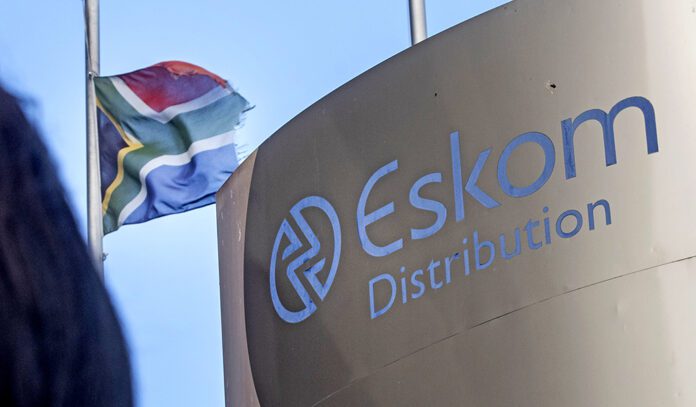A country’s safety, productivity, comfort, and convenience depend on the reliable supply of electric power.
The electric power system is a complex “cyber-physical” system composed of a network of millions of components spread across the country.
Power system operators work hard to assure safe and reliable service, but large outages occasionally happen. Given the nature of the system, there is no way that outages can be completely avoided, no matter how much time and money is devoted to such an effort.
The system’s reliability and resilience can be improved but never made perfect. Thus, the national power utility must prioritise its investments based on potential benefits.
Enhancing the resilience of Eskom focuses on identifying, developing and implementing strategies to increase the power system’s sustainability in the short term while building long-term resilience in the face of events that can cause large area and long duration outages.
A national grid failure is described as the total loss of power on the national network, caused by a fault that affects the distribution of electricity. It is often precipitated by massive unanticipated breakdown of generation units or wide-scale transmission faults that could cause the electricity frequency on the grid to drop below minimum required levels, thereby overwhelming the system.
There are three broad categories of causes for power grid failure, namely acts of nature, human error and issues inherent in the technology. Some of the causes are poor governance, weather, including ice and high winds, eart quakes and other natural disasters, increased demand, planned and preventat
ive maintenance, aging infrastructure, etc.
In February, Eskom came close to electricity demand almost outstripping supply.
Rolling power cuts, implementing rotational power cuts and reducing supply to industrial customers are the best practical ways to prevent a grid collapse and total blackout.
Total grid failure could also lead to fuel shortages, which in turn would affect transport and industry, among others.
In a matter of days, cellular towers start to fail, individuals’ cellular telephones, computers and laptops run out of battery life, water reservoirs are unable to be filled up, water cannot be pumped to households and businesses, water treatment plants fail, sewage treatment grinds to a halt, automatic teller machines stop working, fridges in supermarkets, dairies and mortuaries stop working, among other things.
Failing power grids are a leading reason for disastrous power outages that can affect residential and commercial activities. Countries that fail to invest in modern technologies for their power grids run the risk of suffering great financial loss.
Some of the countries that have experienced a total grid failure include Afghanistan, Uganda, Madagascar, South Sudan, Tanzania, Nigeria, Ghana, Nepal, Yemen and Pakistan.
The experience of Venezuela, whose society and the economy were crippled by an extended blackout in 2019, is the closest example of what South Africa could expect.
Nationwide recurring electrical blackouts in Venezuela began in 2013,2016 and 2019. Experts and state-run Corpoelec sources attribute the electricity shortages to lack of maintenance, lack of technical expertise resulting from a brain drain and sabotage.
The country lost $200-million daily – biggest losses were in the food sector and Torino Capital investment bank estimated that $1-billion was lost from Venezuela’s GDP because of these outages.
As business, in conjunction with Eskom, we have begun engaging in contingency plans to keep services running throughout a grid collapse and total blackout. In April in Pretoria, over 2.5-million people were left without power after vandalised high voltage 132kv power lines caused seven pylons to collapse onto the N4 highway.
Loadshedding and extreme events present a great challenge to national and global sustainability.
These can cripple the infrastructure that enables transit, electricity, water and other crucial urban services. This leaves citizens cut off and in danger. The poor and vulnerable are often disproportionately affected.
We think we need to understand these dynamics better than people currently do. It requires us to design our solution in such a way that any potential errors will result in no ill effects.
- Mohale is the chancellor of the University of the Free State,chairman of two listed entities, The Bidvest Group Limited, ArcelorMittal and SBV Services and author of the two best-selling books, Lift As You Rise and Behold The Turtle




